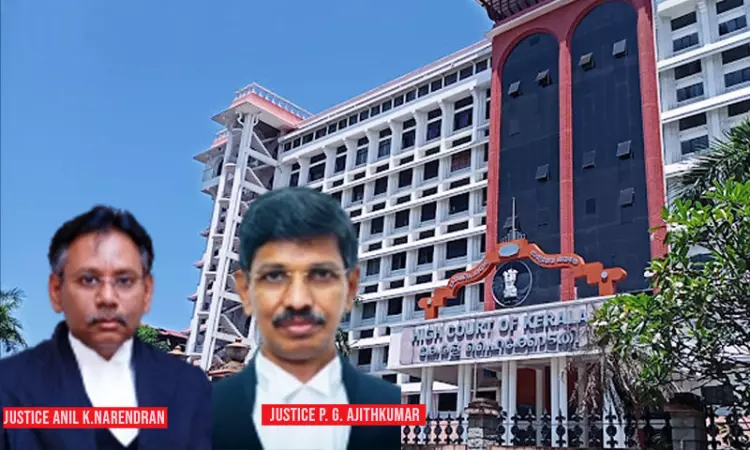The Kerala High Court has held that a deity cannot be divested of title to a land owned by it which is used for religious purposes, without a legal process such as acquisition or voluntary transfer. A bench of Justice Anil K Narendran and Justice PG Ajithkumar found that the property in question was used as a Temple road for religious activities and that the title of Deity will not be...

